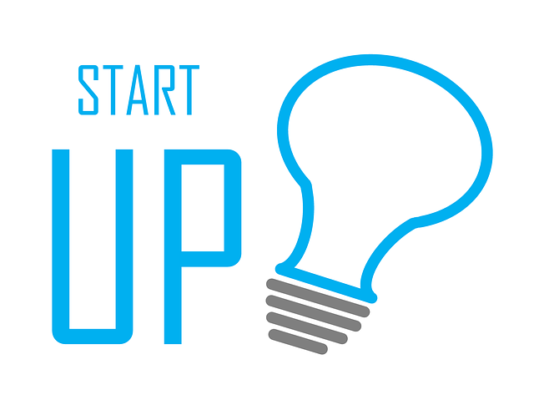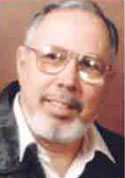
At the best of times, English is a very strange language, indeed. There are not too many languages that have the variety of meanings of one tiny 2 letter word like “UP“, however, here they are, folks, for your personal perusal.
In this day and age, our younger generations do not seem to worry about this International Language, trying their best to abbreviate words a-plenty, using little hand-held devices, but when it comes to the Queen’s English (as it is known), this is a tragedy.
Although it is a strange, and sometimes difficult language to master, there is NONE OTHER, that is accepted so widely around this World of ours, and as I have written, so many times, ENGLISH has to be TAUGHT (or perhaps re-taught, which is a better way of saying this), CORRECTLY, to the children of today, in order to prevent the language from going astray, altogether.
READING, from the kindergarten upwards, would be the best way to start. My own kindergarten reader, plus the hundreds of books that followed, was an education in itself, as far as I was concerned. My advice, given regularly, was always this. Children, put away your little electronic toys sometimes, and concentrate on reading good books. Make note of ALL punctuation marks, in what you read, and you will make “UP” for all the perplexing, sometimes irritating complexities the Queen’s English has to offer, while, at the same time, making you more knowledgeable and eager to learn MORE !!. I think that I have now said enough in introducing this PHENOMENAL 2 LETTER WORD,
so I will now just shut UP.

Desmond Kelly.
(Editor-in-Chief) eLanka.
PHENOMENAL 2 LETTER WORD
I’m sure you will enjoy this. I never knew one word in the English language that could be a noun, verb, adj, adv, prep.
UP
Read until the end … you’ll laugh.
This two-letter word in English has more meanings than any other two-letter word, and that word is ‘UP.’ It is listed in the dictionary as an [adv], [prep], [adj], [n] or [v].
It’s easy to understand UP, meaning toward the sky or at the top of the list, but when we awaken in the morning, why do we wake UP?
At a meeting, why does a topic come UP? Why do we speak UP, and why are the officers UP for election (if there is a tie, it is a toss UP) and why is it UP to the secretary to write UP a report? We call UP our friends, brighten UP a room, polish UP the silver, warm UP the leftovers and clean UP the kitchen. We lock UP the house and fix UP the old car.
At other times, this little word has real special meaning. People stir UP trouble, line UP for tickets, work UP an appetite, and think UP excuses.
To be dressed is one thing but to be dressed UP is special.
And this UP is confusing: A drain must be opened UP because it is blocked UP.
We open UP a store in the morning but we close it UP at night. We seem to be pretty mixed UP about UP!
To be knowledgeable about the proper uses of UP, look UP the word UP in the dictionary. In a desk-sized dictionary, it takes UP almost 1/4 of the page and can add UP to about thirty definitions.
If you are UP to it, you might try building UP a list of the many ways UP is used. It will take UP a lot of your time, but if you don’t give UP, you may wind UP with (UP to) a hundred or more.
When it threatens to rain, we say it is clouding UP. When the sun comes out, we say it is clearing UP. When it rains, it soaks UP the earth. When it does not rain for awhile, things dry UP. One could go on and on, but I’ll wrap it UP, for now . . . my time is UP!
Oh . . . one more thing: What is the first thing you do in the morning and the last thing you do at night?
U
P!
Did that one crack you UP?
Don’t screw UP. Send this on to everyone you look UP in your address book . . . or not . . . it’s UP to you.
Now I’ll shut UP!






